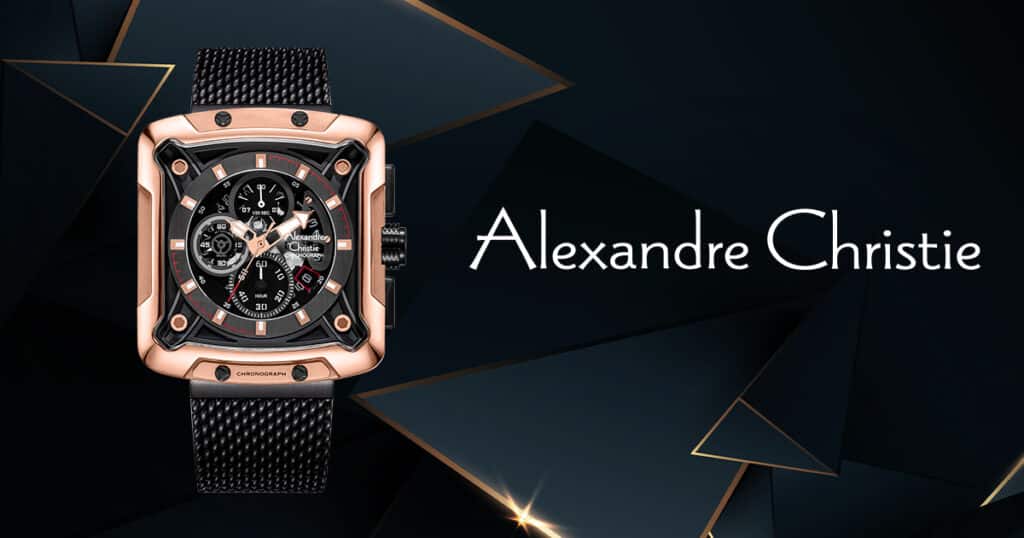
Quartz Vs. Mechanical
Mechanical watches and quartz watches are two different types of timepieces with distinct mechanisms and characteristics. Here’s a comparison between mechanical and quartz watches: 1.

A mechanical watch is a type of timepiece that uses a mechanical mechanism to measure and display the passage of time. Unlike quartz watches, which rely on electronic components, mechanical watches are powered by a complex system of gears, springs, and other mechanical parts. They have a certain charm and appeal due to their intricate mechanical movements, craftsmanship, and historical significance.
1. Manual-Winding Watches: Manual-winding watches, also known as hand-wound watches, require regular winding by the wearer. To wind the watch, you need to turn the crown, which transfers energy to the mainspring. The mainspring gradually releases this stored energy, powering the movement of the watch. Manual-winding watches provide a direct connection to the timepiece as the wearer actively participates in keeping it running. They often have a classic appeal and can be appreciated for the ritual of winding.
2. Automatic Watches: Automatic watches, also referred to as self-winding watches, have a rotor mechanism inside the watch that converts the motion of the wearer’s wrist into energy. This energy is used to wind the mainspring, eliminating the need for manual winding. The rotor moves freely with the wearer’s movements, winding the watch as it rotates. Automatic watches are known for their convenience, as they continue to run as long as they are worn regularly. They are popular for everyday use and offer a practical and self-sustaining option for mechanical watch enthusiasts.
Both manual-winding and automatic watches fall under the category of mechanical watches. The choice between these two types depends on personal preference, lifestyle, and desired level of interaction with the timepiece. It’s important to note that mechanical watches require regular servicing and maintenance, including cleaning, lubrication, and adjustment, to ensure their proper functioning and longevity.
While owning a mechanical watch is a personal choice, there are several reasons why many individuals find them worth buying. Here are some compelling reasons to consider purchasing a mechanical watch:
1. Craftsmanship and Artistry: Mechanical watches are often appreciated for their intricate movements, which are the result of meticulous craftsmanship and skill. The complex mechanisms and visible components of a mechanical watch can be fascinating to watch enthusiasts and collectors.
2.Traditional and Timeless Appeal: Mechanical watches have a long history and are deeply rooted in horological tradition. They carry a sense of timelessness and can be passed down as heirlooms, connecting generations and preserving a sense of heritage.
3.Connection to the Past: Owning a mechanical watch can provide a connection to an era before electronic devices dominated timekeeping. It can evoke a sense of nostalgia and remind us of a simpler time when mechanical precision was a marvel.
4.Aesthetics and Style: Mechanical watches come in a wide variety of styles, from classic to contemporary, and can serve as a statement piece or a complement to your personal style. The craftsmanship and attention to detail in the design of mechanical watches can be visually appealing.
5.Investment Value: Some mechanical watches, particularly those from renowned brands and limited editions, can hold or increase their value over time. While not all watches appreciate in value, certain models or brands can become highly sought after by collectors, making them potential long-term investments.
6.Engaging Experience: Operating and appreciating a mechanical watch involves more than just reading the time. Winding the watch or observing the intricate movement can be a tactile and engaging experience that adds a sense of connection to the timepiece.
There are various types of automatic watches available, catering to different preferences and styles. Here are some common types:
1. Dress Watches: These are elegant and sophisticated timepieces designed for formal occasions or professional settings. They often feature slim profiles, minimalist dials, and leather straps. Dress watches prioritize simplicity and understated elegance.
2.Dive Watches: Dive watches are specifically built for underwater use and are highly durable and water-resistant. They typically have a robust construction, legible dials with luminous markers, and unidirectional rotating bezels for tracking elapsed time during dives. Dive watches often have higher water resistance ratings than other types of watches.
3.Pilot Watches: Inspired by aviation history, pilot watches feature large, legible dials with high-contrast markings. They often incorporate additional features like chronograph functions and slide rule bezels for flight-related calculations. Pilot watches typically have a classic, rugged design and are favored by aviation enthusiasts.
4.Chronograph Watches: Chronograph watches have additional stopwatch functionality built into the watch. They feature sub-dials on the watch face to measure elapsed time in seconds, minutes, and hours. Chronographs are popular among those who appreciate the added functionality and sporty appearance.
5.Skeleton Watches: Skeleton watches showcase the inner workings of the watch movement through a transparent or partially cutaway dial and case. These watches provide a captivating view of the intricate gears, springs, and other components. Skeleton watches are often seen as a combination of artistry and horological engineering.
6.Luxury Watches: Luxury automatic watches are crafted with high-quality materials, exceptional craftsmanship, and often feature intricate designs. They are known for their prestigious brand names, attention to detail, and fine finishing. Luxury watches can fall into various categories like dress watches, sports watches, or complications watches, offering a wide range of styles and features.
These are just a few examples of the many types of automatic watches available. Each type serves different purposes, styles, and lifestyles, allowing individuals to find a watch that suits their personal preferences and needs.

Mechanical watches and quartz watches are two different types of timepieces with distinct mechanisms and characteristics. Here’s a comparison between mechanical and quartz watches: 1.

What is a Chronograph Watch? A chronograph is essentially a stopwatch integrated into a watch or timepiece. It allows the measurement of elapsed time with

Subscribe to get special offers, free giveaways, and once-in-a-lifetime deals.
